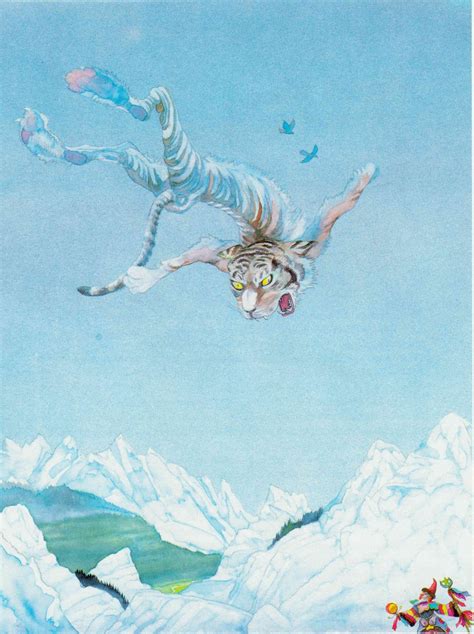A Quote by Albert Einstein
We are in the position of a little child entering a huge library, whose walls are covered to the ceiling with books in many different languages. The child knows that someone must have written those books. It does not know who or how. It does not understand the the languages in which they are written. The child notes a definite plan in the arrangement of the books, a mysterious order, which it does not comprehend but only dimly suspects.
Related Quotes
When speaking to parents, I encourage them to take their child(ren) to a children's museum and watch carefully what the child does, how she/she does it, what he/she returns to, where there is definite growth. Teachers could do the same or could set up 'play areas' which provide 'nutrition' for different intelligences... and watch carefully what happens and what does not happen with each child.
Only idiots or snobs ever really thought less of 'genre books' of course. There are stupid books and there are smart books. There are well-written books and badly written books. There are fun books and boring books. All of these distinctions are vastly more important than the distinction between the literary and the non-literary.
Of course my books are translated into many languages. I have here, in my home, translations on my shelf of my books into forty-five different languages. Almost none of them I can read. I can read only the English editions. But, I know that a translation of a work of literature is like playing a violin concerto on the piano. You can do this. You can do this very successfully on one strict condition: never try to force the piano to produce the sounds of the violin. This will be grotesque. So, different musical instruments provide for different music.
It does not follow because many books are written by persons born in America that there exists an American literature. Books which imitate or represent the thoughts and life of Europe do not constitute an American literature. Before such can exist, an original idea must animate this nation and fresh currents of life must call into life fresh thoughts along the shore.
I was sickly as a child and gravitated to books and drawing. During my early teen years, I spent hundreds of hours at my window, sketching neighborhood children at play. I sketched and listened, and those notebooks became the fertile field of my work later on. There is not a book I have written or a picture I have drawn that does not, in some way, owe them its existence.
How does he achieve this independence? He does it by means of a continuous activity. How does he become free? By means of constant effort. we know that development results from activity. The environment must be rich in motives which lend interest to activity and invite the child to conduct his own experiences.


































